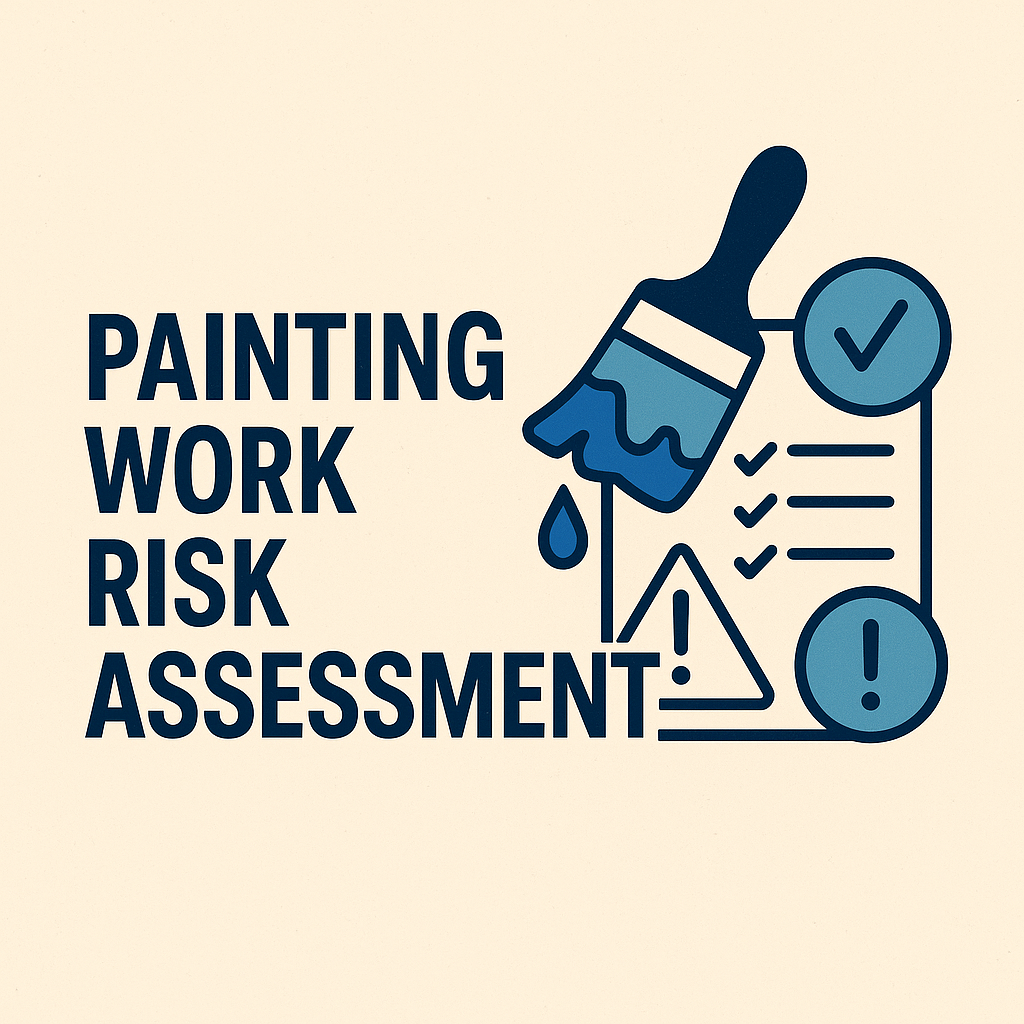
Introduction
In today’s world, ensuring workplace safety has become paramount for organizations. Companies are taking significant steps to prevent accidents, injuries, and health hazards among their employees and visitors. One crucial player in this endeavor is the Safety Officer. This article aims to shed light on the role of a Safety Officer, the requirements to become one, and the career prospects associated with this vital position.
What is a Safety Officer?
A Safety Officer is a trained professional responsible for overseeing and enforcing safety protocols within a company or organization. Their primary objective is to identify potential hazards, promote a safe working environment, and prevent accidents. Safety Officers act as a crucial link between management and employees, advocating safety best practices.
The Importance of Safety Officers
The presence of Safety Officers is vital for several reasons. Firstly, they help in the implementation of safety policies and procedures, reducing the risk of workplace accidents. Secondly, they contribute to increased productivity by creating a secure and comfortable work environment for employees. Thirdly, Safety Officers play a pivotal role in minimizing financial losses that may arise due to workplace incidents.
Becoming a Safety Officer
Educational Requirements
To become a Safety Officer, a minimum educational background is required. Typically, candidates should have at least a high school diploma or equivalent. However, many organizations prefer candidates with higher educational qualifications, such as an associate or bachelor’s degree in occupational health and safety, engineering, or related fields.
Certification and Training
While formal education lays the foundation, specialized training and certifications are crucial for a Safety Officer’s career. Certifications from recognized bodies like the National Institute for Occupational Safety and Health (NIOSH) or the Board of Certified Safety Professionals (BCSP) significantly enhance a candidate’s credibility and employability.
Relevant Skills
Apart from formal education and certifications, certain skills are essential for a successful career as a Safety Officer. These include excellent communication skills, attention to detail, problem-solving abilities, leadership qualities, and a strong understanding of safety regulations and best practices.
Job Responsibilities of a Safety Officer
Safety Officers are entrusted with several critical tasks to ensure the well-being of employees and compliance with safety standards. Some of their primary job responsibilities include:
Creating and Implementing Safety Programs
Safety Officers develop and execute safety programs tailored to the specific needs of their organizations. These programs may include safety training sessions, emergency response plans, and guidelines for handling hazardous materials.
Conducting Safety Inspections
Regular inspections of the workplace are essential to identify potential hazards and areas that require improvement. Safety Officers conduct comprehensive inspections and collaborate with various departments to address safety concerns.
Accident Investigation and Reporting
In unfortunate situations where accidents do occur, Safety Officers lead the investigation to determine the root cause. They analyze incidents to prevent future occurrences and ensure proper reporting to relevant authorities.
Employee Training
Safety Officers conduct training sessions to educate employees about safety procedures, proper equipment usage, and emergency protocols. Well-informed employees contribute significantly to a safer work environment.
Industries that Require Safety Officers
The need for Safety Officers extends across various industries, including:
Construction
Construction sites are prone to numerous safety risks. Safety Officers in the construction industry oversee projects to ensure compliance with safety regulations and protect workers from potential hazards.
Manufacturing
Manufacturing units involve heavy machinery and complex processes. Safety Officers play a crucial role in mitigating risks associated with equipment operation and hazardous materials handling.
Healthcare
In healthcare facilities, Safety Officers focus on maintaining a safe environment for patients, staff, and visitors. They implement infection control measures and ensure the proper disposal of medical waste.
Oil and Gas
The oil and gas industry is inherently hazardous. Safety Officers in this sector enforce strict safety protocols to prevent accidents, fires, and environmental incidents.
Transportation
Transportation companies employ Safety Officers to oversee the safety of their drivers, passengers, and cargo. They monitor compliance with transportation safety regulations and implement driver training programs.
Career Opportunities and Growth
The role of a Safety Officer is not only crucial but also offers promising career prospects. As Safety Officers gain experience and further their education, various opportunities for career advancement and specialization open up.
Advancement in the Field
Experienced Safety Officers can progress to higher positions such as Safety Managers or Directors, where they oversee safety programs on a larger scale.
Specialization Options
Safety Officers can choose to specialize in specific industries or areas of expertise, such as environmental safety, construction safety, or industrial hygiene.
The Demand for Safety Officers
The demand for Safety Officers has been steadily increasing due to various factors.
Occupational Safety and Health Administration (OSHA) Regulations
Government regulations, such as those enforced by OSHA, necessitate the presence of Safety Officers in certain industries. Compliance with these regulations is essential for avoiding penalties and ensuring employee welfare.
Company Liability and Insurance
Employers recognize the financial and legal risks associated with workplace accidents. Hiring Safety Officers is an effective measure to minimize these risks, leading to a growing demand for qualified professionals.
Salary Range for Safety Officers
The salary of a Safety Officer varies based on factors such as experience, education, industry, and company size.
Factors Affecting Salary
Salary is often influenced by the candidate’s level of education, certifications, years of experience, and the location of the job.
Average Salaries by Industry
On average, Safety Officers in certain industries, such as oil and gas, tend to earn higher salaries due to the higher risks involved.
Challenges and Rewards in the Role
Being a Safety Officer comes with its set of challenges and rewards.
Promoting a Safety Culture
Instilling a safety-first culture within an organization can be challenging. Safety Officers must effectively communicate the importance of safety and garner support from all levels of management.
Handling Stressful Situations
Safety Officers often face high-pressure situations, especially during emergencies or accidents. Managing stress and making critical decisions is part of the job.
Positive Impact on Workplace Environment
On the rewarding side, Safety Officers experience the satisfaction of creating a safer work environment and preventing potential harm to employees.
Tips for Aspiring Safety Officers
For individuals aspiring to become Safety Officers, here are some valuable tips to kickstart their journey:
Networking and Professional Associations
Joining safety-related professional associations can provide aspiring Safety Officers with valuable resources, networking opportunities, and access to industry events. Networking with experienced professionals in the field can offer insights and guidance for career growth.
Continuous Learning and Development
Safety regulations and best practices are constantly evolving. Aspiring Safety Officers should stay updated with the latest developments in the field by attending workshops, seminars, and pursuing additional certifications. This commitment to learning enhances their expertise and marketability.
Gaining Practical Experience
Seeking internships or entry-level positions in industries that prioritize safety can offer hands-on experience. Practical exposure enables aspiring Safety Officers to apply theoretical knowledge in real-world scenarios and better understand the challenges they may encounter in their future roles.
Conclusion
Safety Officers play a pivotal role in ensuring the well-being of employees and maintaining a secure work environment. With their expertise, they prevent accidents, mitigate risks, and create a safety-oriented culture within organizations. Aspiring Safety Officers should equip themselves with the necessary education, certifications, and skills to excel in this rewarding and crucial profession.
FAQs (Frequently Asked Questions)
- What educational background is required to become a Safety Officer? A minimum of a high school diploma or equivalent is required, but higher educational qualifications in related fields are preferred.
- What certifications are beneficial for a Safety Officer’s career? Certifications from recognized bodies like NIOSH or BCSP can significantly enhance a Safety Officer’s credibility and employability.
- Which industries require Safety Officers? Safety Officers are essential in industries such as construction, manufacturing, healthcare, oil and gas, and transportation.
- What are the career growth opportunities for Safety Officers? Experienced Safety Officers can advance to higher positions like Safety Managers or Directors and can choose to specialize in specific areas of expertise.
- How does the demand for Safety Officers vary across industries? The demand for Safety Officers is influenced by government regulations and the recognition of financial and legal risks by employers.
Remember, becoming a Safety Officer is not only about fulfilling a job role but also about embodying a commitment to protect lives and promote a culture of safety within organizations. As the importance of workplace safety continues to grow, the need for qualified Safety Officers will remain essential in safeguarding businesses and their employees.
























